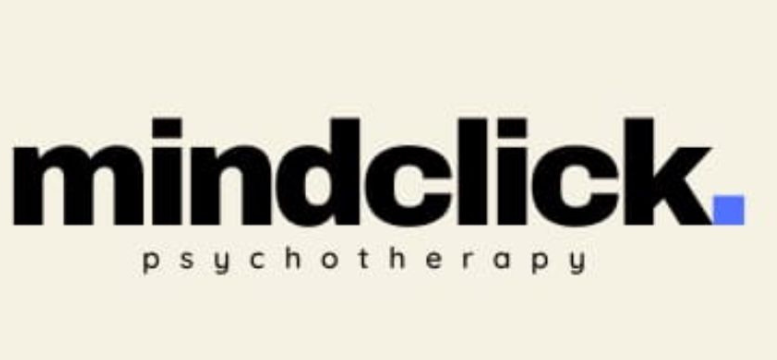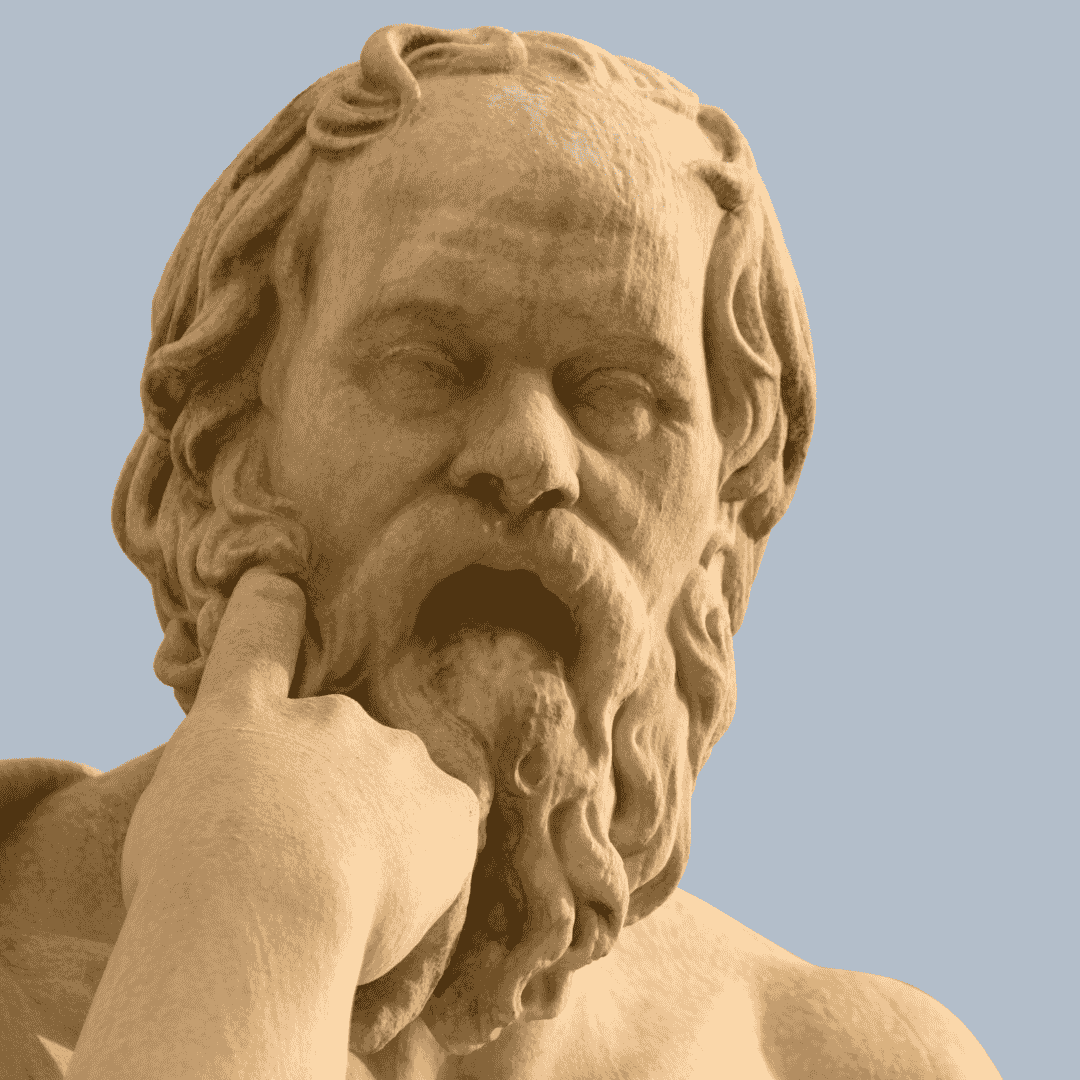Your cart is currently empty!

What is Logotherapy?
In a world that often seeks quick fixes for emotional pain, Logotherapy stands out as a deeply human and enduring approach to healing and purpose. Developed by neurologist, psychiatrist, and Holocaust survivor Viktor E. Frankl, Logotherapy is a form of existential analysis that focuses on a central premise:
“Life has meaning under all circumstances, even the most miserable ones.”
The Origins of Logotherapy
Logotherapy was developed in the 1930s and became widely known through Frankl’s seminal book, Man’s Search for Meaning (1946). Drawing from his personal experiences as a prisoner in Nazi concentration camps, Frankl observed that those who were able to survive often did so because they held on to a sense of purpose, something to live for, even in the direst conditions.
This observation formed the foundation of Logotherapy: the idea that human beings are primarily driven by a “will to meaning”, rather than Freud’s “will to pleasure” or Adler’s “will to power.”
Key Principles of Logotherapy
- The Will to Meaning
At its core, Logotherapy asserts that the primary human motivation is to find meaning in life. People are not merely seeking pleasure or avoiding pain, but striving to find a purpose that makes life worth living. - Freedom of Will
Even when everything is taken away from a person, they still retain the ability to choose their attitude and response. Frankl famously said: “Everything can be taken from a man but one thing: the last of the human freedoms, to choose one’s attitude in any given set of circumstances.” - Meaning in Suffering
Logotherapy doesn’t ignore suffering, it recontextualizes it. Suffering, while not desirable, can be meaningful. When individuals find a reason or higher purpose in their suffering, it transforms their experience and resilience.
How Logotherapy Works in Practice
Logotherapy is not just a philosophical idea; it’s a practical method used in psychotherapy. Therapists trained in Logotherapy help individuals:
- Identify sources of meaning in their lives (relationships, work, creativity, service)
- Reframe suffering as an opportunity for growth or deeper understanding
- Cultivate personal responsibility and agency, even in challenging circumstances
Some of the techniques include:
- Dereflection – Redirecting focus away from oneself to something or someone else
- Paradoxical Intention – Encouraging patients to do or wish for the very thing they fear
- Socratic Dialogue – Asking deep, reflective questions to help clients uncover their own meanings
Why Logotherapy Still Matters Today
In an era of existential anxiety, burnout, and global crises, Logotherapy offers a timeless reminder:
Life is not about what we expect from it, but what it expects from us.
Whether you are facing loss, uncertainty, or simply questioning your purpose, Logotherapy invites you to ask:
“What meaning can I create from this moment?”
It teaches us that meaning is not something we find lying around, it’s something we create, even in the face of suffering. And in doing so, we reclaim our power, our purpose, and our humanity.



